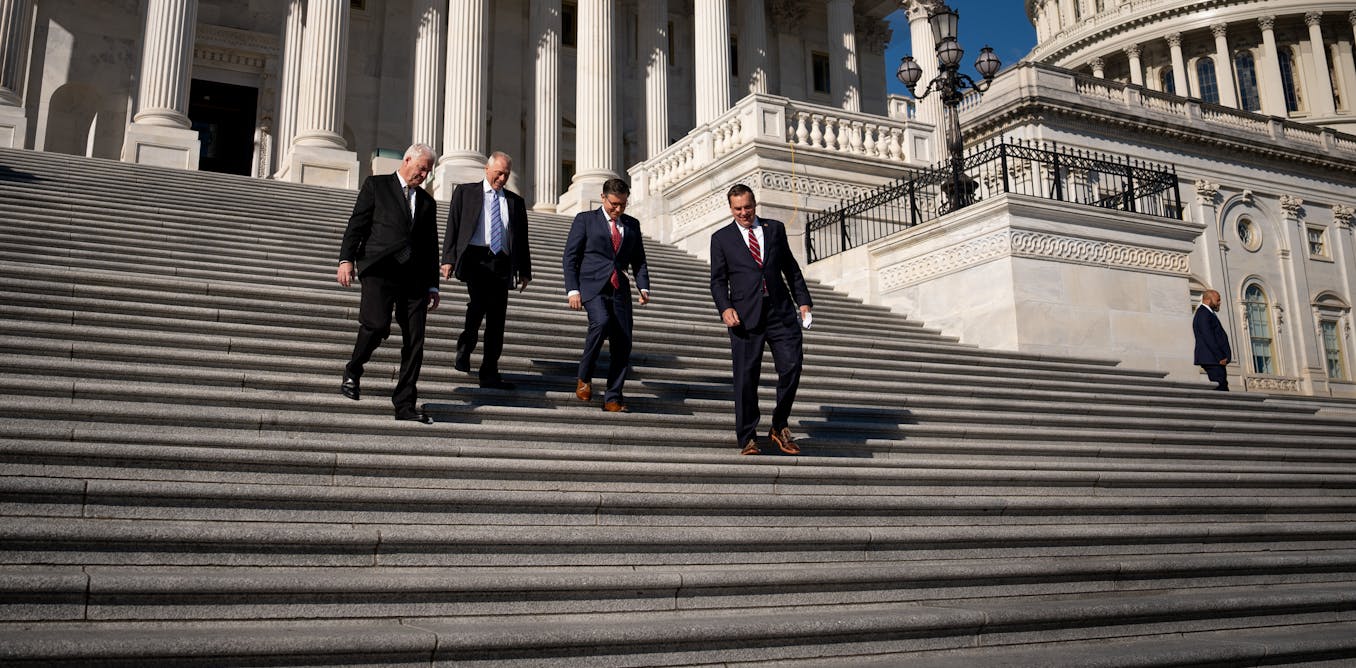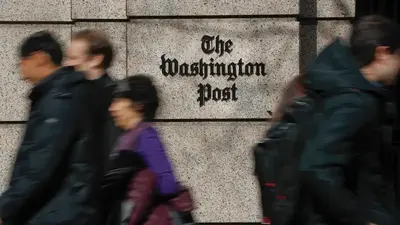Business
Theranos founder objects to $250 monthly restitution sought by US due to limited financial resources
WASHINGTON -- Federal prosecutors want Elizabeth Holmes to pay $250 each month to victims of her failed blood testing startup after she leaves prison, but her attorneys are pushing back citing “limited financial resources" available to the disgraced founder of Theranos.
The U.S. filed a motion last week asking the court to correct “clerical errors” which included, prosecutors said, the lack of a timeline for restitution from the one-time billionaire once she exits prison. Holmes' legal team objected to those changes this week.
Holmes, 39, began an 11-year sentence at a minimum-security facility in Bryan, Texas, late last month after she and her former partner, Ramesh “Sunny” Balwani, were convicted of fraud for duping investors out of hundreds of millions of dollars while running Theranos, a Silicon Valley startup that promised to revolutionize health care.
In a May 16 ruling, U.S. District Judge Edward Davila ordered Holmes and Balwani, who is serving a nearly 13-year prison sentence in California, to pay $452 million in restitution to victims.
After paying a total of $25 every three months to victims while incarcerated, federal prosecutors want Holmes to pay at least $250 each month or 10% of her earnings, whichever is greater, in restitution once she is released from prison.
That would be similar structure to Balwani's judgement, which requires the former Theranos COO to pay at least $1,000 per month upon supervised released, prosecutors said in last week's filing.
Holmes' lawyers argued this week that Holmes' payment schedule in court documents is not a clerical error.
“Ms. Holmes’ Amended Judgment already includes a restitution schedule that begins while she is incarcerated,” Holmes' attorneys wrote in a Monday filing. “There is no indication in the record that the absence of a change to the schedule after she is released was a clerical error.”
The defense team also argued that Balwani’s amended judgment “says nothing” about what the court intended for Holmes' payment schedule — adding that Holmes and Balwani “have different financial resources and the Court has appropriately treated them differently.”
Holmes' attorneys made similar financial arguments throughout her criminal fraud trial. Both Holmes — whose stake in Theranos was once valued at $4.5 billion — and Balwani, whose holdings were once valued around $500 million, have indicated they are nearly broke after running up millions of dollar in legal bills while proclaiming their innocence.
The Associated Press reached out to attorneys representing Holmes and the U.S. government for statements on Wednesday.
__________
AP Technology Writer Michael Liedtke in San Francisco contributed to this report.
-

 Business2d ago
Business2d agoUS House passes measure that could punish nonprofits Treasury Department decides are ‘terrorist’
-

 Business2d ago
Business2d agoFast fashion may seem cheap, but it’s taking a costly toll on the planet − and on millions of young customers
-

 Business3d ago
Business3d agoNew Information: These HV Big Lots Are Now Staying Open
-

 Business3d ago
Business3d agoBrush Fire Rages On Near Butternut In Great Barrington, MA
-

 Business3d ago
Business3d agoU.S. Antitrust Regulators Seek to Break Up Google, Force Sale of Chrome Browser
-

 Business3d ago
Business3d agoSuccessful White Men Alone Can’t Create America’s Economic Future
-

 Business3d ago
Business3d agoThe Rise of Silent Services
-

 Business4d ago
Business4d agoTim Latimer



























